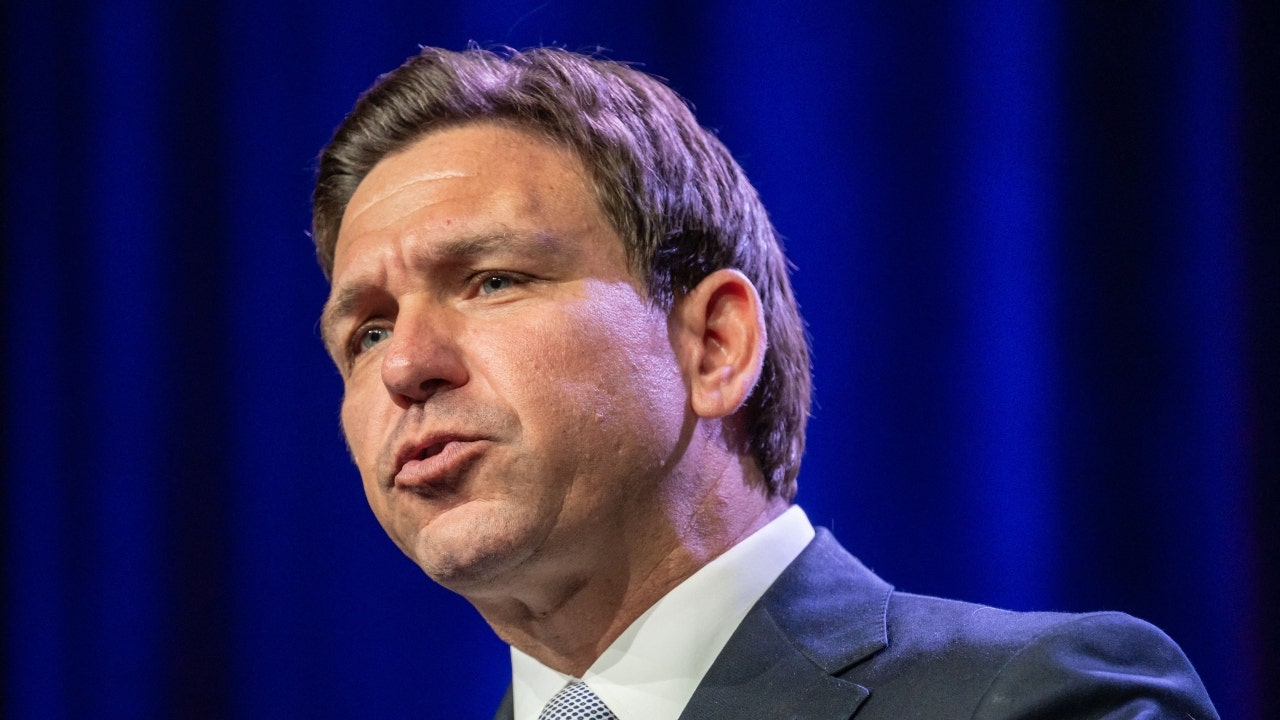“The preeminent forum for the peaceful resolution of international disputes is paralysed by geostrategic divisions”, António Guterres told the Doha Forum taking place in Qatar, following Friday’s meeting in New York during which the United States vetoed a resolution demanding that Israel and Palestinian militants end the intense fighting across the enclave which erupted on 7 October with the Hamas terror attacks.
“I urged the Security Council to press to avert a humanitarian catastrophe and I reiterated my appeal for a humanitarian ceasefire to be declared”, said the UN chief.
“Regrettably the Security Council failed to do it but that does not make it less necessary. So, I can promise I will not give up”, he told delegates to the global platform in Qatar, which brings world leaders together to discuss collective security and other challenges.
He said a sclerotic Security Council where splits between the permanent members, China, France, Russia, the United Kingdom and the US have produced only one resolution narrowly focused on aid delivery, needed reform.
‘Equality and solidarity’ essential
“We need a serious effort to bring global structures up to date, rooted in equality and solidarity and based on the United Nations Charter and international law”, he said, noting that the Council’s divisions were “undermining solutions from Ukraine to Myanmar and the Middle East.”
The horrific terror attacks by Hamas and resulting “relentless bombardment” of Gaza, have only produced a single resolution “which I welcome. But that delay comes at a cost”, he added.
“And the resolution is not being implemented”.
Also addressing the conference in Qatar, the head of the UN agency for Palestinian refugees, UNRWA, said the dehumanisation of Palestinians has allowed the international community to tolerate Israel’s continued bombardment of Gaza, which has led to more than 17,000 deaths since 7 October.
“There is no doubt that a humanitarian ceasefire is needed if we want to put an end to hell of earth right now in Gaza”, said Philippe Lazzarini.
Weak global governance
Together with other ‘forces of fragmentation’ gaining ground, Mr. Guterres said now is the time to build bridges and find shared solutions to global challenges.Beyond the Security Council, Mr Guterres said global governance is failing to manage two existential threats.
First, on the climate catastrophe, he said far more ambition was needed to reduce greenhouse gas emissions and ensure climate justice.
“Despite promises and pledges, our climate is in breakdown. Emissions are at an all-time high. And fossil fuels are a major cause,” he said and added: “Renewable energy is cheap, clean, and infinite,” and can meet world’s growing energy demand without poisoning the environment and suffocating our planet.
He urged fossil fuel companies and their backers to use their enormous resources to lead the renewables revolution. And likewise urged leaders at COP28 in Dubai to agree on deep cuts to emissions, in line with the 1.5-degree limit.
“This is the only road not only to climate sustainability, but economic sustainability,” the Secretary-General said.
Multilateral Development Banks must change their business model and leverage far more private finance at reasonable cost for developing countries to invest in climate action and the Sustainable Development Goals.
Second, he highlighted the threat posed by new technologies, saying generative AI could provide solutions to many global challenges, but without adequate regulation, “it will also lead us into deep and troubled waters.”
“These technologies cry out for governance,” Mr. Guterres continued, lamenting that AI is already supercharging hate speech and division, enabling data harvesting and mass surveillance, and exacerbating vast inequalities.
To help advance the search for solutions, he has appointed a multistakeholder High-Level Advisory Body on AI which will provide preliminary recommendations by the end of this year. It met in New York last week.
Summit of the Future
He went on to say that reforms to global governance must be grounded in the Universal Declaration and the enduring values of the UN Charter.
Next September’s Summit of the Future is a once-in-a-generation opportunity for these important decisions.
“We have put forward a series of proposals to Member States and I look forward to their engagement and support,” he said, laying out a three-point ‘to-do’ list for the Summit:
- A Global Digital Compact to mitigate the risks of digital technologies and help to harness their benefits.
- Reforms to the global financial architecture that would enable governments in developing countries to invest in education, health, jobs and social protection for their people.
- Reforms to the Security Council, and a proposed New Agenda for Peace, that would help to prevent and resolve conflict, deliver equity and justice, rebalance geopolitical relations, and give developing countries a greater voice on the international stage.
“Now is truly the time for building shared futures – uniting behind solutions and transforming our world for good,” he told the Doha Forum, concluding his remarks.





